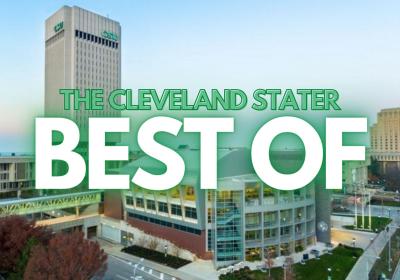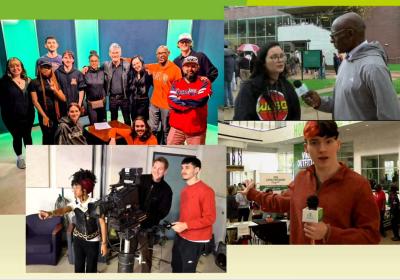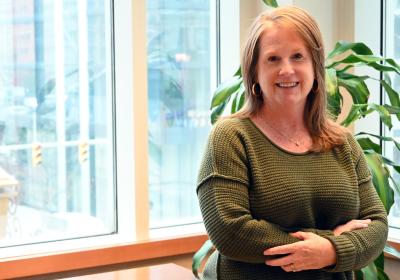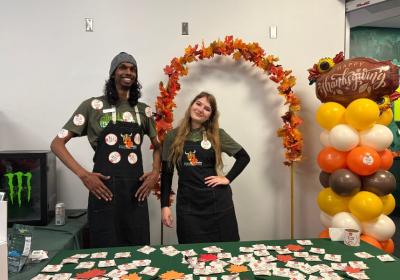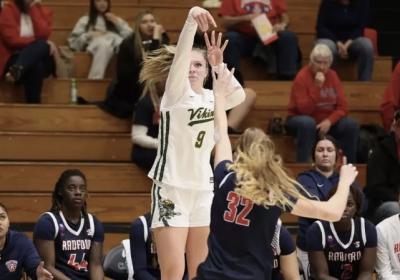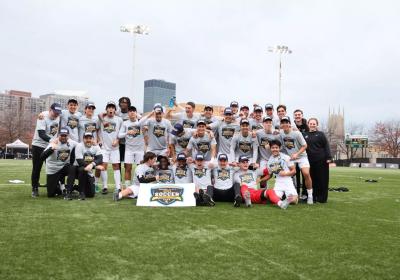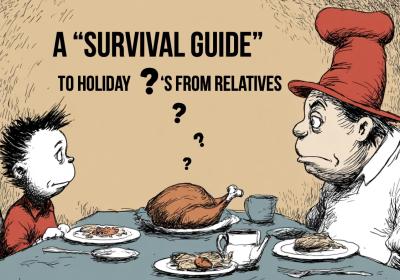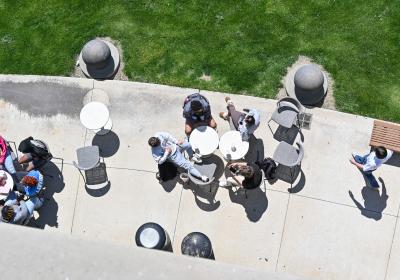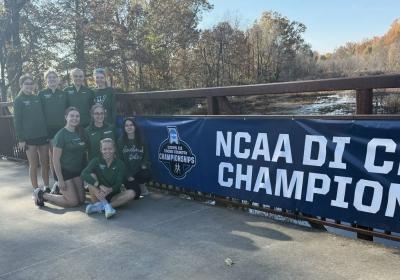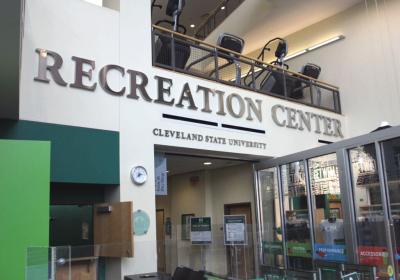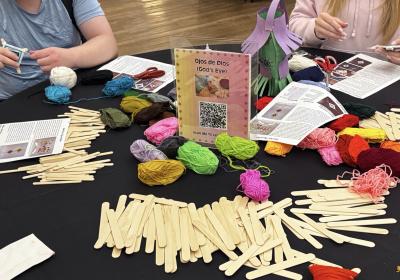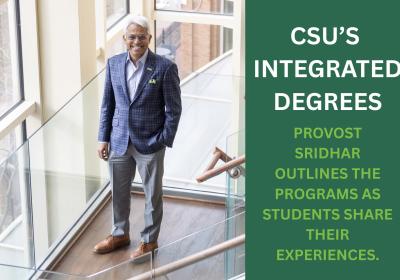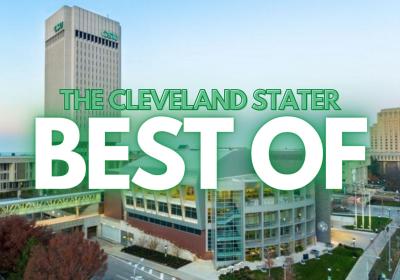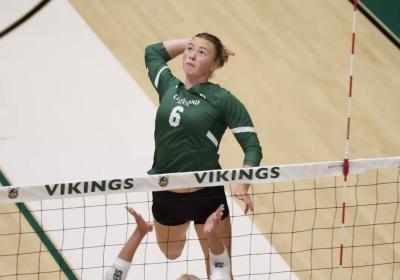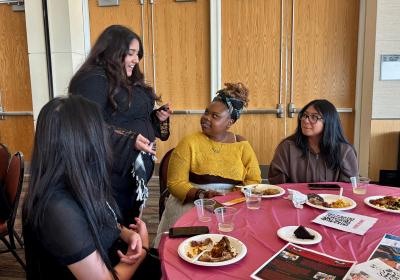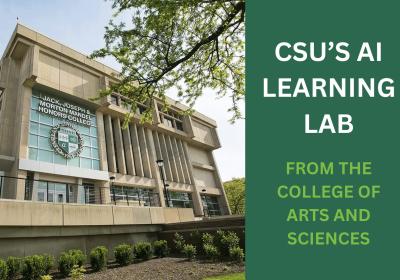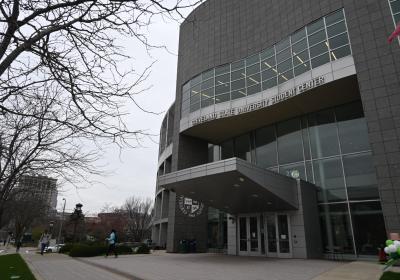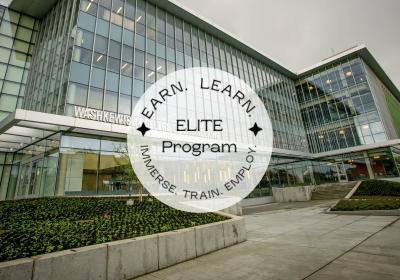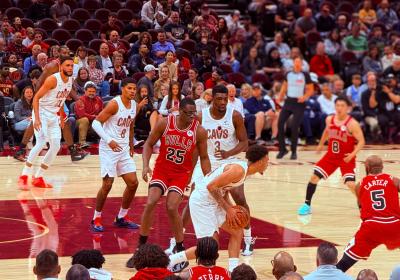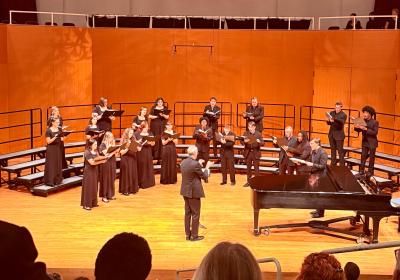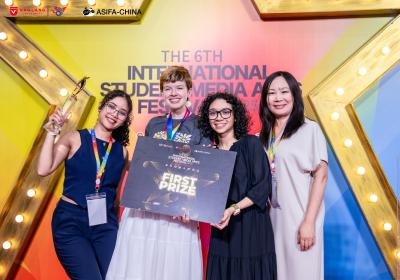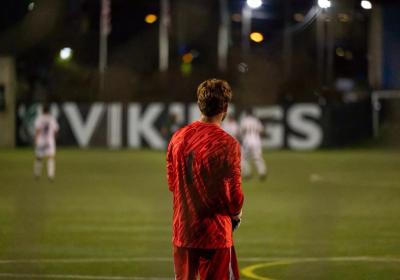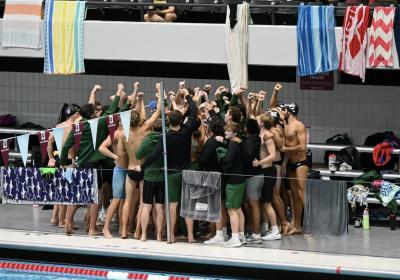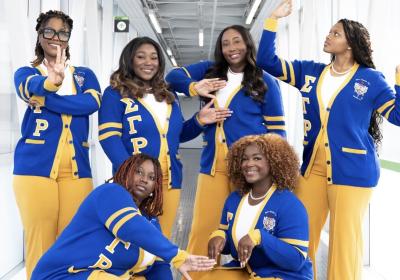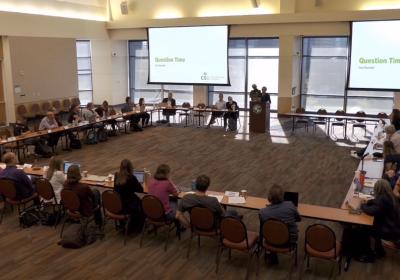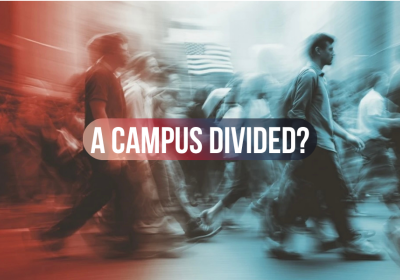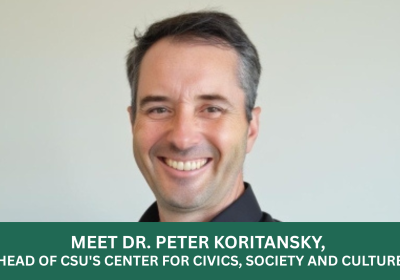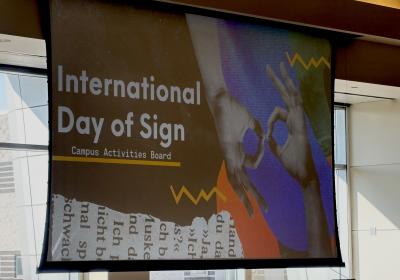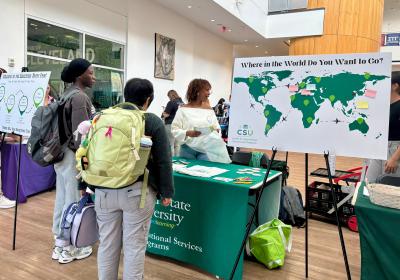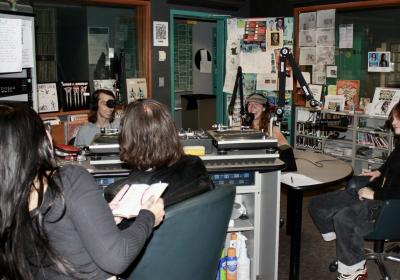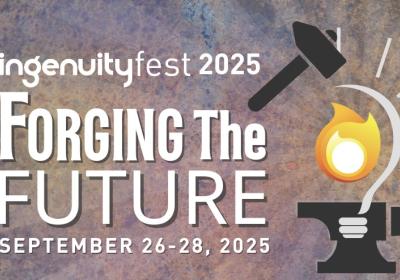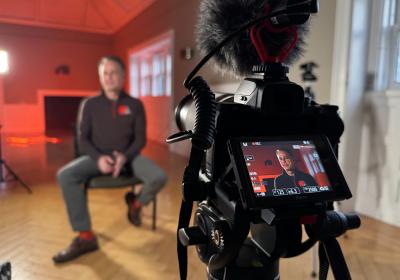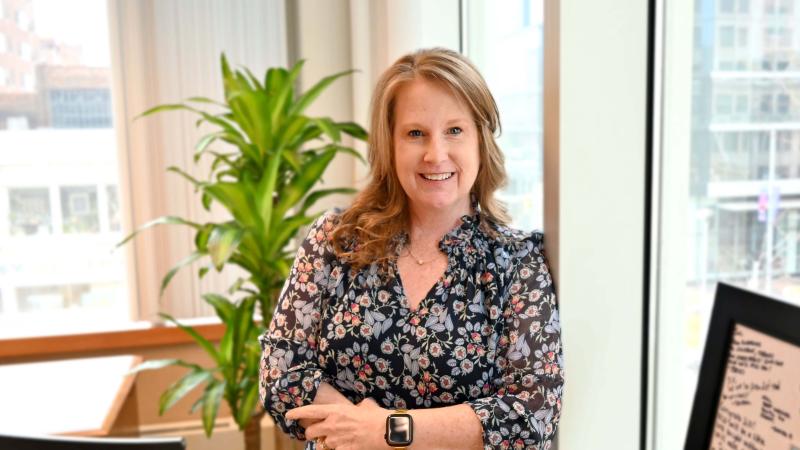
Dean of Levin College, Dr. Jill Gordon, reflects on her initial experience at CSU
Jill Gordon, Ph.D., sat down April 4 with The Cleveland Stater to talk about her vision for the Levin College of Public Affairs and Education, her initial work in her role as Levin's new dean, her experience with cultivating honest relationships, her passion for the students' impact on the public and the goals she has for the college.
Dean Gordon also discussed what inspired Levin's new publication, how her background in criminal justice helps her to understand relationships in education, and how she has settled into CSU.
Dean Gordon was hired as head of the Levin College at the end of last year. Prior to taking the position, she spent 28 years in Richmond, Virginia at Virginia Commonwealth University as a professor and assistant vice provost for faculty affairs. As a first generation student, Gordon received a Bachelor of Science in Criminal Justice from Bowling Green State University. She received her Master of Science in Criminal Justice and Ph.D. in Criminal Justice from the University of Cincinnati.
“The position really spoke to me because of the transition that the university has and continues to go through, as I've had that lived experience as a faculty administrator at my prior institution,” Gordon said.
How do you like it at CSU, now that you're settling in? **
I'm actually really excited to be part of CSU. I learn so much every day and I've become more knowledgeable of what our students, faculty, staff and our alumni are doing. And I'm settling in, but I still have many more lessons that I need to learn.
What have been your favorite things about CSU so far?
I think if I have to pick a favorite moment so far, it was the development of a multimedia publication.
Working with Kara Copeland, who is the assistant dean and who's helping lead this, and Armond Budish, and just talking with a number of people in the college. I was struggling with the name and it really needed to be action-oriented. So I thought, what's a better way than to ask our community?
There was an email I sent to faculty, students and staff that said, “Here's what we're trying to do. Here's the purpose. If you have an idea for a name, enter it here and the rationale.” There were over 60 submissions. This demonstrated that we've got such great ideas across the disciplines within the college. The magazine title is "Levin Leads," and the two sections that will always be in this publication twice a year are Levinspiration and Levinsights. The inspiration is going to be a section that features trailblazers broadly conceived. The inaugural edition will feature President (Laura) Bloomberg as a trailblazer in the public affairs space, also as a female leader.
What I'm most proud of are not just the titles in the sections, but how on face value, the ideas came from the students, staff and faculty and will live in perpetuity through this publication.
What inspired you to come to CSU as the dean of the Levin College?
When I read the job description, I was thinking about CSU 2.0 and how that change felt and still feels for faculty, staff and students. That resonated with me because at my former institution, as an administrator, we went through a similar change. So I have experience combining what were then departments, into this new configuration, similar to what happened at Levin.
I was at VCU for 28 years. Every time that there was a significant change like that, I embraced it as a learning opportunity of how I, as a researcher, as an educator, teacher and administrator, can learn from the change. While I can't say how our colleagues feel on the day to day about it, I do have a shared experience and I also see the benefit that is on the other side.
What goals do you have as the Dean of Levin College?
I want to make sure that we are cultivating and modeling and investing in more collaborations across the college. One of them is sending out that email to our constituents and asking for names for the public mission. For me, that is a way of collaborating. The other way we are encouraging collaboration is by providing small grants to our faculty and asking them to, for a current project or a new project, reach across those disciplinary lines. So instead of staying within communications, is there another disciplinary lens that can be added to that project or a new project that enhances that space?
A second goal is innovative education. We need to think about where students are now and where they're going in five to 10 years. That starts with a discussion about curriculum and restructuring and asking is this the right way to do this or what are we doing in our classes and how should we be doing things differently. So you have to be willing to go back and look at that at least every two to three years. We need to be innovative in what we're doing.
How does your degree in criminal justice help you with the work you do at CSU?
My research in general was focused on improving offender outcomes. And it was also focused on improving conditions and relationships between officers and offenders within institutions. Ultimately the goal there is to create an environment where individuals can work collaboratively, successfully and thrive. It taught me the value of relationships, authenticity, honesty, and promoting the strengths of others. I think that does translate into serving as dean of the Levin College. It's examining who we are, what we're doing, and our policies, procedures, guidelines. Were they created in a procedural, and fair way?
Also, the one thing that I stated during the interview process and that I continue to forge forward in my view is that the Levine College of Public Affairs and Education is creating or enhancing the next generation of public-impact professionals.
Every degree that we are offering has a significant impact on the success of our society. I want to continue to encourage student collaborations and student groups. I need to meet more student groups, for example, learn kind of what everybody's mission is, vision is, and how student groups might come together to support a common theme.
Something that me and others at The Cleveland Stater are wondering about is whether you have any plans to make changes to the communications department. Do you have plans to grow the department?
We need to have a student recruitment plan. But as a college, right now, we do not have a strategic student recruitment plan. But for me to say, will communications look the same or will enrollment look the same, I don't think that me, as the dean, can answer. I think that in collaboration with the faculty and the students and staff in communications, I know they've made some changes in positive career development and I think that is to be applauded. So what is happening in communications is phenomenal, and I think we are creating the next generation of public impact professionals.
Are there any ongoing or current challenges associated with the Levin College revamp?
They're not challenges. They are opportunities. My experience going through that and my desire to apply for this job was because I see the benefits on the other side and the benefits on the other side are supporting our students at a higher level because of some possible integration of either on joint student student faculty projects in different disciplines. The goal is us being innovative for our students and our programs. So we as the Levin College today are still in our infancy stages. There are opportunities that haven't been imagined yet. And we will continue to talk, and think through and develop ideas jointly.
Our education and counseling degrees are currently in three departments. This just got passed at the faculty senate yesterday (April 3, 2024), but there will be a new school. I don't know the final name of it. We are a large public facing college. I think this change in our educational and counseling unit will help strengthen and leverage the strength of living within our community to a larger degree.
Will criminology and sociology remain as a separate department or join one of the three emerging schools?
So right now it's a Department of Criminology and Sociology. I had broached with them possibly looking to move into some other school so that there would be three schools. I am not moving in that direction. And I let the chair know and I've let a couple of faculty know, but I haven't formally said it... But I'm completely comfortable having them maintain their space and place in the college.
How do you plan to enhance the public impact footprint of the Levin College?
I really would like our college to identify public impact themes. One of my visions is an annual event that's based on a theme, and it might be convening a panel, it might be a keynote speaker, but it would be a place and space where the theme resonates with our community internally.
As a first generation student, what advice do you have for first generation students today?
Ask questions. Don't fear asking questions. Ask for support. And if you don't feel that you've gotten a full answer, ask again. Ask someone else. I think that's advice for all individuals. When you're contemplating a decision, don't just ask one person, ask five. Get as much knowledge as you can before you make that decision. Confide in your mentors, find your friends, lean into your faculty, lean into individuals that you know. The value of relationships are so important to our success.
** Editor's note: This interview has been edited for length and clarity.

